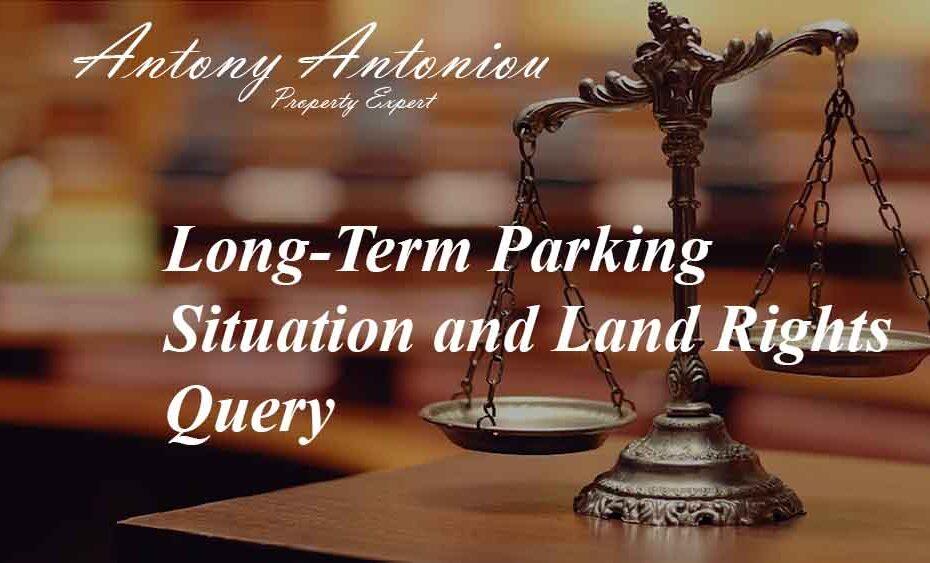Long-Term Parking Situation and Land Rights Query
Dear Antony,
For the past two decades, I’ve been using a portion of land that isn’t ours for parking our vehicles. This makeshift parking area has been in use for over 40 years, with the ability to gather sworn statements from former residents to attest to this longstanding practice. My intention is to explore the possibility of securing official recognition of this right through the Land Registry. Can I expect a favorable outcome?
Dear reader,
The matter you’ve raised is currently a subject of significant discussion. Various legal cases have questioned whether the right to park can be categorized as an easement—an entitlement exercised over land owned by another party.
The essential aspect of an easement is that it cannot wholly exclude the landowner from their property. An example of an easement is a right of way, wherein the landowner (referred to as the “servient owner”) possesses the land, and their neighbor (the “dominant owner”) is permitted to walk or drive across it. When the dominant owner isn’t actively using the land, the servient owner retains full control.
Parking, however, presents a distinct scenario. Allowing someone to park on another’s land would essentially limit the landowner’s use of their property, even when the vehicle isn’t parked there. This uncertainty has led to questions regarding whether a parking right can qualify as an easement. Despite this uncertainty, it is conceivable that a parking right might still be categorized as an easement. In practice, property buyers often acquire the right to park in designated spaces within communal parking areas.
Should this apply in your situation, it’s plausible to establish this right through “prescription,” which necessitates at least two decades of consistent use. It seems prudent to consider submitting an application to the Land Registry, supported by the mentioned sworn statements. You haven’t specified the current landowner of the area in question. If you proceed with a Land Registry application, it’s likely that the owner will raise objections. This could prompt a decision on whether to withdraw your application or engage in legal proceedings through a specialized tribunal or the court. It’s highly recommended to consult a solicitor for precise guidance on your circumstances before proceeding any further.
Best regards,
Antony Antoniou

